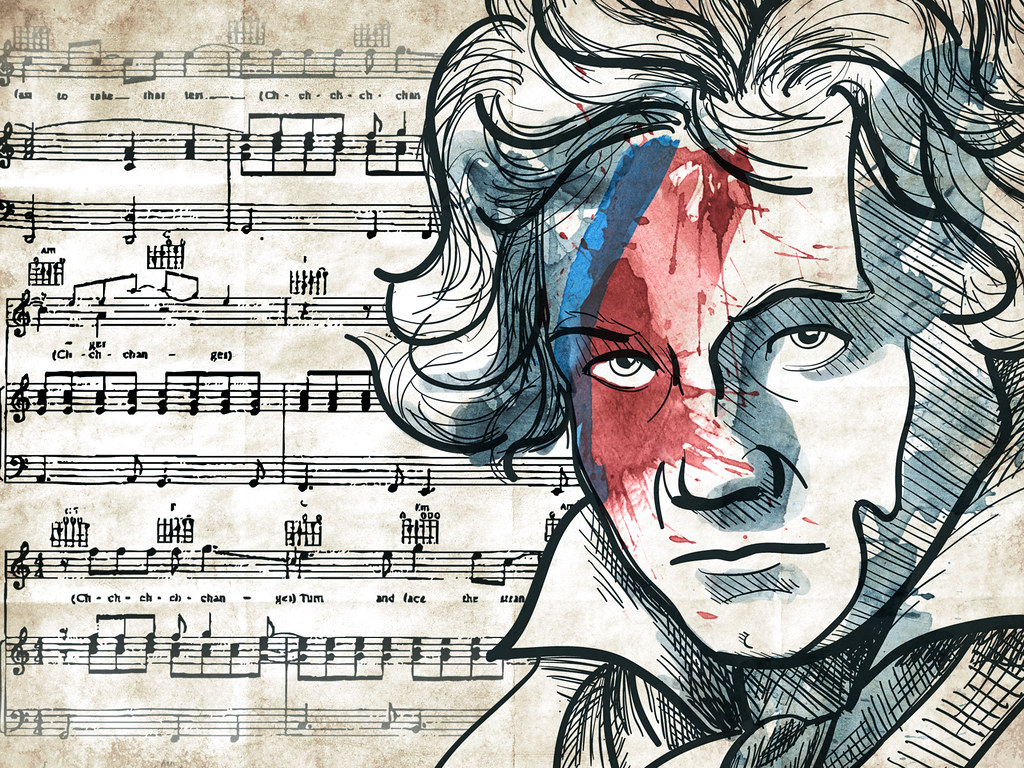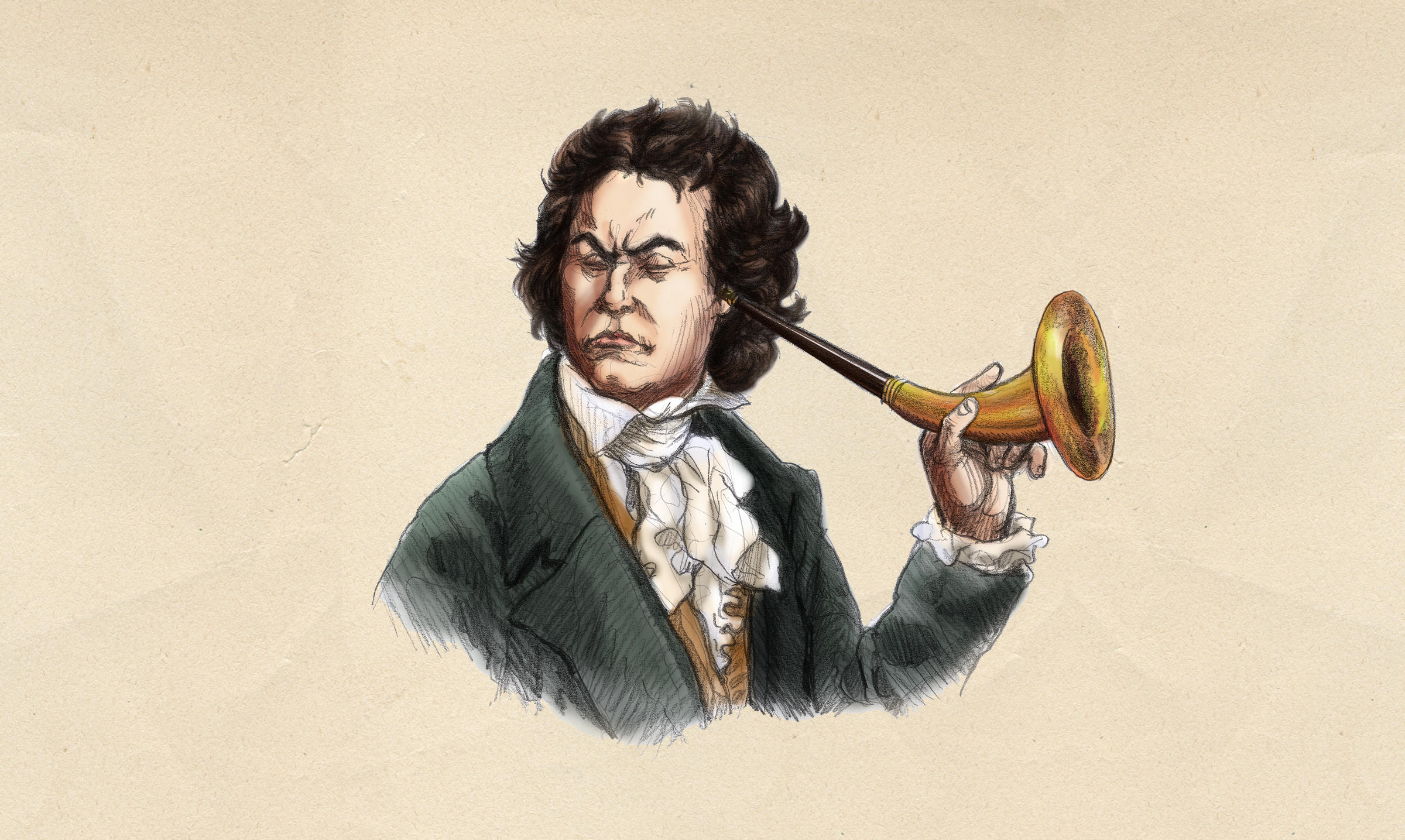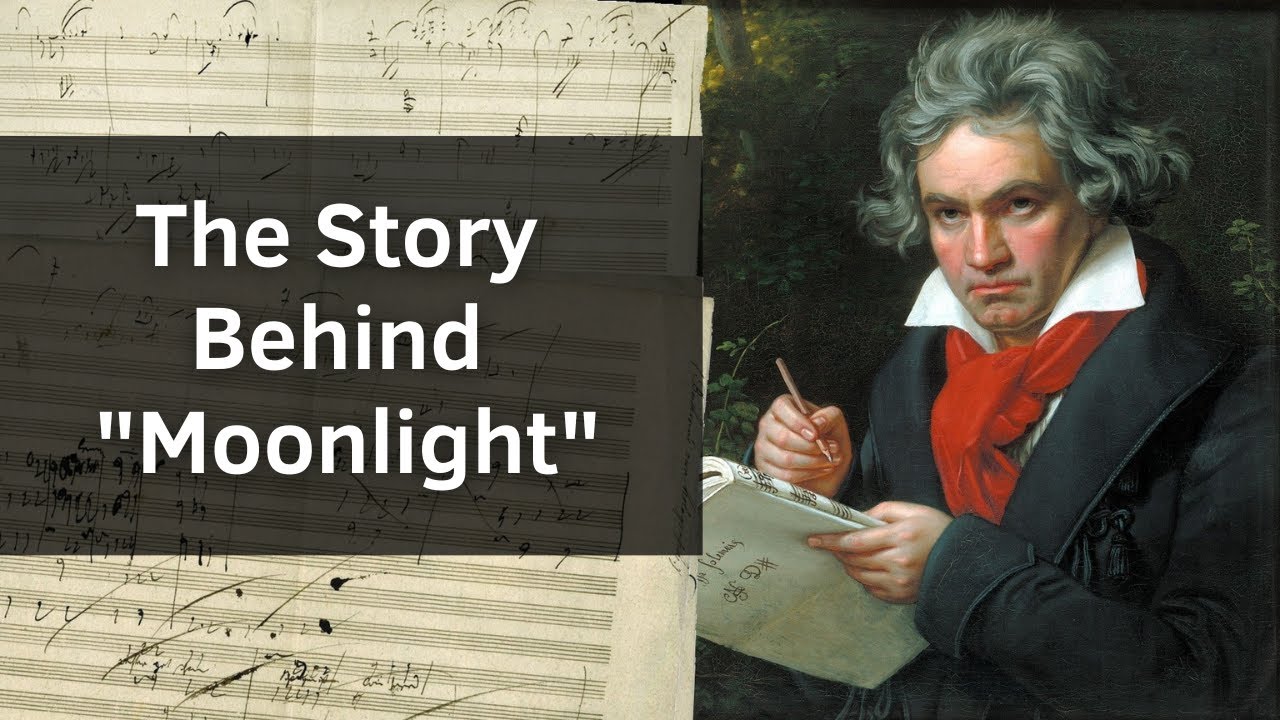Ludwig van Beethoven, one of the most influential composers in Western music, bridged the Classical and Romantic eras with his innovative compositions. His works are celebrated for their emotional depth, structural complexity, and inventive use of musical forms. Here are ten of Beethoven’s most renowned compositions.
Ludwig van Beethoven, one of the most influential figures in the history of classical music, was born in Bonn, Germany, on December 17, 1770. His exact date of birth remains a subject of debate, but his baptismal record confirms this date. Beethoven's early life was marked by adversity, as he was born into a family of limited means. His father, Johann van Beethoven, was a court musician in Bonn, and he recognized his son's musical talent at an early age.
Beethoven received his first music lessons from his father, who hoped to mold him into a child prodigy like Mozart. However, Beethoven's childhood was far from idyllic. His father was a harsh and often abusive teacher, subjecting him to intense practice sessions and discipline. Despite this, Beethoven's talent continued to blossom, and by the age of 12, he was earning money as a keyboard virtuoso and improviser.
Ludwig van Beethoven, one of the most celebrated composers in the history of classical music, led a fascinating and influential life. Here are ten intriguing facts about this musical genius:
1. Deafness: Beethoven's gradual loss of hearing began in his late twenties and ultimately led to near-complete deafness. Remarkably, he continued to compose some of his most famous works, like the Ninth Symphony, while unable to hear the music he was creating.
Ludwig van Beethoven, a towering figure in the world of classical music, revolutionized the art form with his unique compositions and indomitable spirit. Despite facing numerous personal challenges, including deafness, Beethoven's music continues to captivate audiences worldwide. In this blog, we delve into the life and legacy of this musical genius, presenting ten fascinating facts that shed light on the man behind the music. Ludwig van Beethoven's life and music stand as a testament to the power of human resilience and artistic innovation. Despite facing personal adversity, his compositions revolutionized classical music and continue to captivate audiences to this day. From his groundbreaking symphonies to his eccentricities and idiosyncrasies, Beethoven's story is one of triumph, inspiring generations to pursue their passions and redefine artistic boundaries.
Ludwig van Beethoven, one of the greatest composers in history, left an indelible mark on the world of classical music. His genius and emotional depth continue to resonate with audiences centuries later. From symphonies that stir the soul to intimate piano sonatas, Beethoven's compositions are a testament to his enduring legacy. In this blog post, we will explore and celebrate the 10 best compositions by Ludwig van Beethoven, which have stood the test of time.
Ludwig van Beethoven, the renowned composer and pianist, is widely celebrated for his incredible musical achievements. However, behind his extraordinary talent lies a tragic and life-altering challenge: Beethoven gradually lost his hearing, a condition that profoundly impacted his personal and professional life.
Beethoven's journey into deafness began in his late twenties when he first experienced a persistent buzzing and ringing in his ears, known as tinnitus. This condition, accompanied by episodes of ear pain and gradual hearing loss, marked the onset of his deafness. As a composer and performer deeply connected to the world of sound, the realization that he was losing his hearing must have been devastating for Beethoven.
Ludwig van Beethoven was one of the most influential composers in the history of Western music. His works spanned the transition from the Classical to the Romantic era, and he left a lasting legacy for generations of musicians. Here are seven facts about Beethoven that you might not know:
The Story Behind the Symphony No. 5 by Beethoven
Beethoven was already growing deaf when he started his fifth symphony in 1804. He began working on it short after finishing his third symphony. Even so, he was working on so many other works at the time, it took him four years to complete it. It wasn’t just the other projects; he was also a notorious editor of his work.
#beethoven
#classicalmusic
#symphony
The Story Behind "Bagatelles" by Beethoven
By the end of 1803, Beethoven had already sketched bagatelles Nos. 1 to 5, along with several other short works for piano that he never published). In 1820, he composed the last five bagatelles of Op. 119, and published them as a set of five in 1821.
#classicalmusic
#beethoven
#orchestra
The Story Behind "Moonlight" by Beethoven
The Piano Sonata No. 14 in C-sharp minor, Op. 27, No. 2, is a piano sonata by Ludwig van Beethoven. It was completed in 1801 and dedicated in 1802 to his pupil Countess Giulietta Guicciardi.
#classicalmusic
#beethoven
#moonlight




